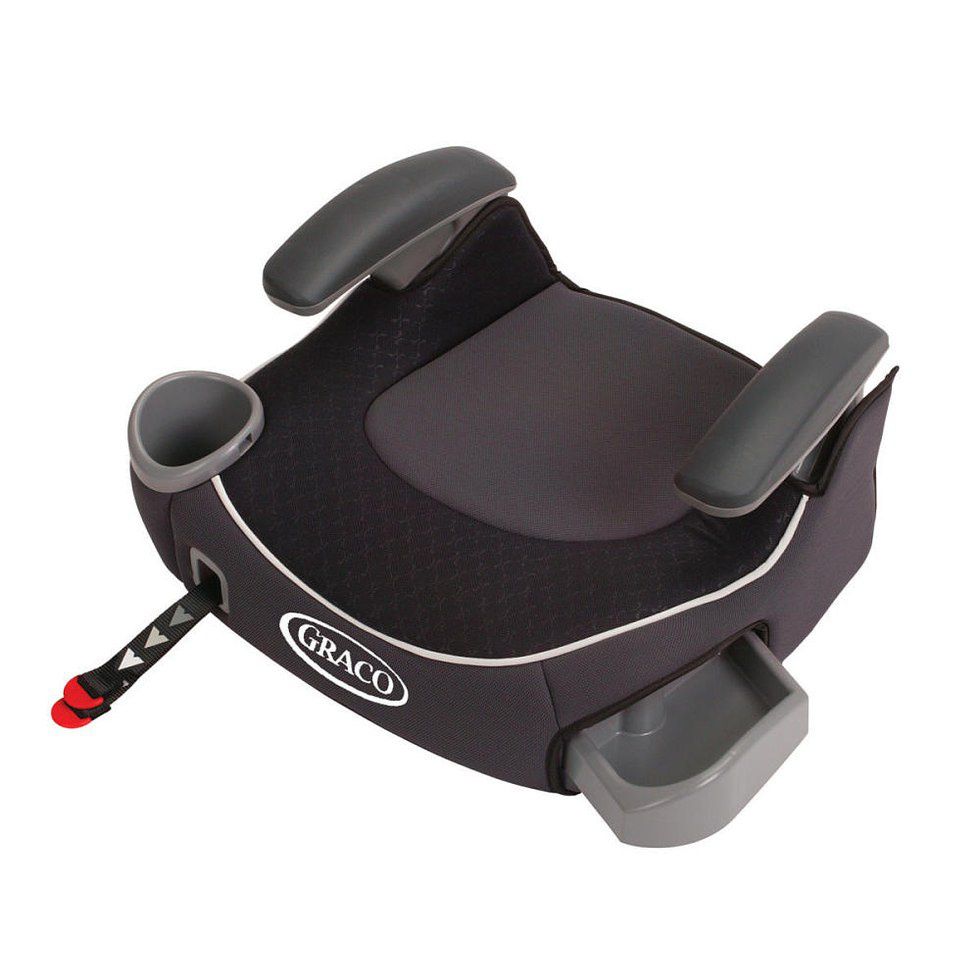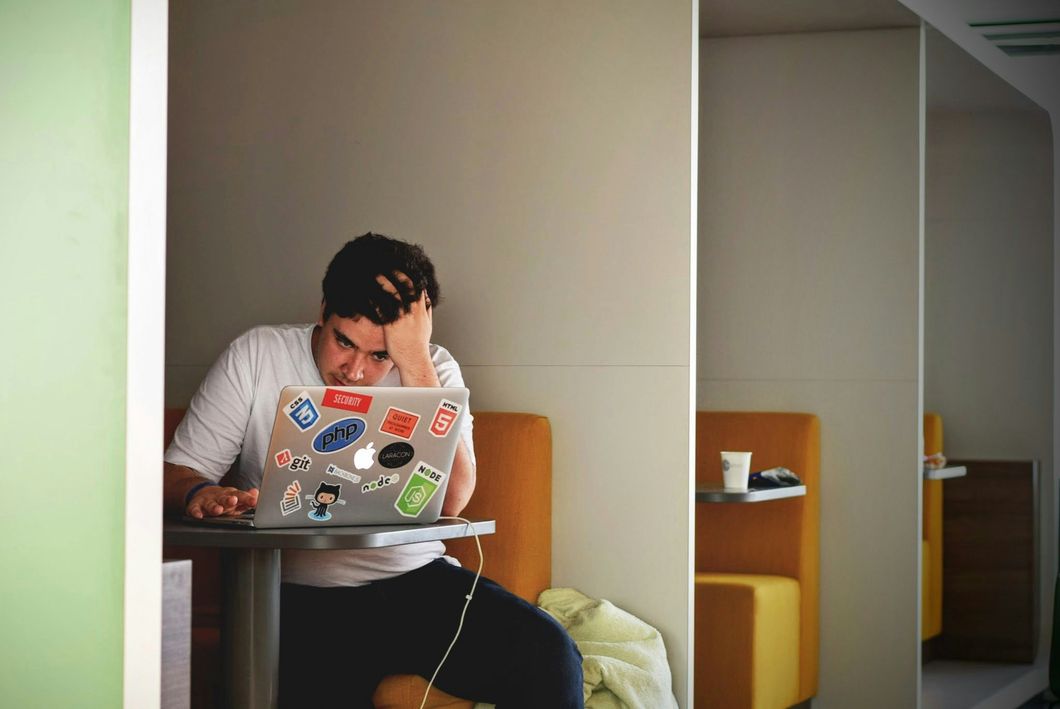I haven't grown up in a world where phones are attached to walls or even where computers are attached to desks. There was a time when mobile communication meant carrying on a conversation with someone while you were walking beside them. That is not the world we live in.
Now, everything is moving. Our world is flying. Faster and faster, with so many new makes and models of everything, even us twentysomethings can't always keep them straight.
Mobility of our cell phones, computers, GPS, e-mail accounts, allows us to carry around everything we will ever need. It can also feel like we are being followed around by everything we will ever need.
Some days my stress levels spike when I glance down at my palm. The fifteen things my cell phone screen wants me to pay attention to seem like way too many. One piece of plastic has the power to make me feel totally overwhelmed.
Thanks to our mobile technology, we don’t have the same divide between work and home life that used to exist. As it becomes easier and easier to work from home, we can’t close our office doors and drive away at 5 p.m. Our work day doesn’t end when the sun goes down because documents live on the computers and cell phones we never put down. Our co-workers have a direct line to pester us through our fancy watches.
I was raised with this technology, and am the first to admit I don't bother with other ways to do things. Take real alarm clocks, for example. The last time I had one of those? The sixth grade. Now I just use my cell phone. I have slept with a piece of connected technology right next to my face every night for eight years. And I never once thought about what that might mean.
Technology isn’t stationary and self-contained in the ways that it used to be. Now it is up to the person using the device to decide when to turn it off, because the device itself has no limit. That is a lot more work for us, and most of the time we don't put in the extra effort.
The best thing Millennials have to offer in the work force is our tech-savy upbringing. I am not saying we need to reject that part of our lives. We just have to recognize what a mammoth chunk of our day it uses up, and actively question if that is the number of hours we want it to have.
Just because you are a Millennial doesn't mean you are immune to the overwhelm and stress that constant connection can cause.
We are great with technology, but we shouldn't feel obligated to spend every second of the day immersed in it to prove our skill. We are allowed breaks, and disconnecting would probably reduce our stress levels as much as it does for everyone else.
In my mind, my laptop is linked with work. Yes, I use it to watch Netflix and talk to my friends, but when I open it the first things that pop up on the screen are deadlines and expectations from school.
This lack of separation between school and home life is something I have struggled with since the beginning of college. And I am always looking for new ways to fix this.
I've started doing this crazy thing when I go to sleep: I leave my computer in the next room and read a book before I go to sleep. A real one. With paper pages and everything. Not a news article, not Facebook, not an e-text. An actual book.
And I sleep better because of it.
The bottom line is if we relinquish our technology in small, thoughtful ways, it can give us back valuable decompression time. This makes us more prepared to deal with the overstimulating fast-paced job and school environments we walk into every day.
Could the secret to being better with technology be: using just a little bit less of it?

















 teenhorseforum
teenhorseforum














